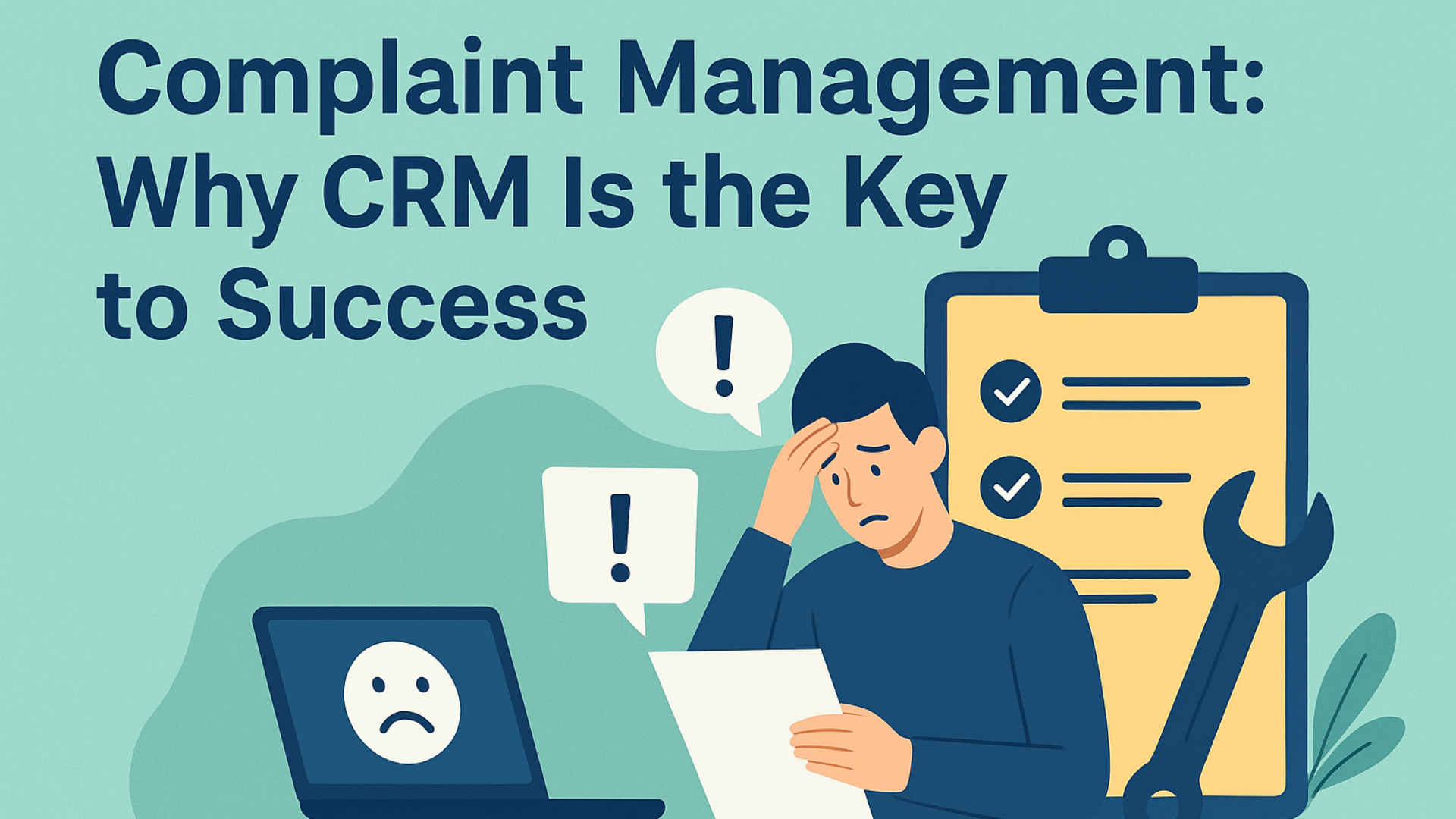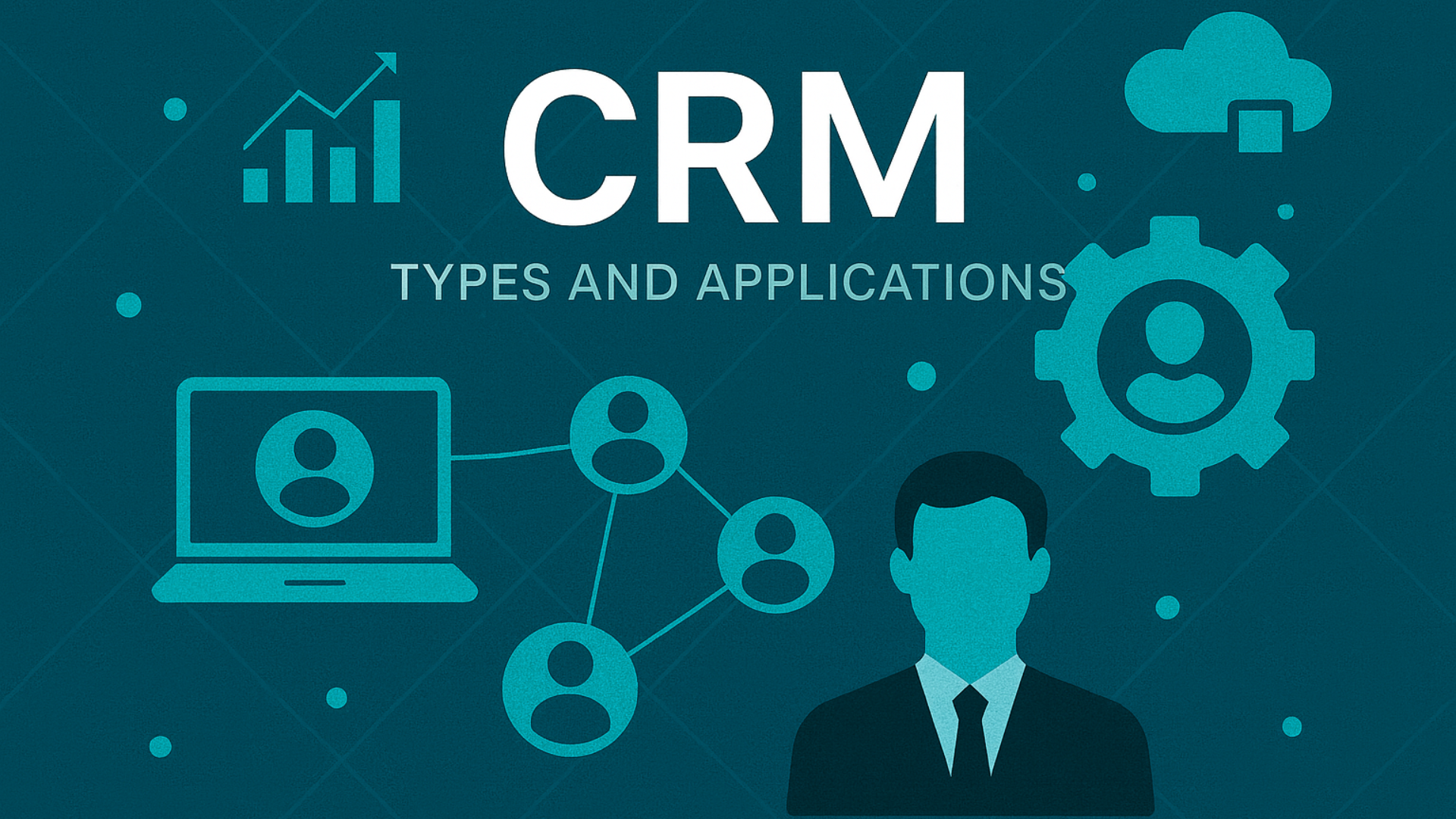

Customer complaints are inevitable, but how a business handles them defines its reputation and customer loyalty. This blog explains complaint management, its impact and how CRM helps resolve issues faster.
What is complaint management?
Key steps in complaint management process
- Recording complaints
- Prioritising issues
- Assigning responsibility to the right team/person
- Resolving complaints
- Following up with customers
- Improving processes
Note: Automating these steps through CRM reduces delays and missed complaints.
How does CRM help in complaint management?
Centralised complaint tracking
All issues logged in one place, no missed complaints.
Automation
Auto assigns complaints to the right team, sets reminders for follow-ups. Since CRM systems have built-in ticketing, prioritization, and workflow automation, customer queries are resolved faster.
Omnichannel support
Captures complaints from email, chat, social media, phone etc. in one dashboard.
Customer history and context
Past purchases, issues, and conversations can be viewed in the CRM, enabling more personalized and efficient problem-solving.
Analytics and reporting
Provides insights into recurring issues, resolution times, and customer satisfaction, helping businesses improve their processes.
Self-service options
With features like FAQs, knowledge bases, and chatbots, CRM empowers customers to resolve simple issues on their own without contacting support.
{{callout-3}}
Best practices in complaint management with CRM
- Acknowledge complaints quickly
- Keep communication transparent
- Use automation without losing the human touch
- Train staff to handle complaints empathetically
- Continuously analyse complaint trends to prevent future issues
{{callout-1}}
Ready to turn complaints into opportunities? Discover how Superleap CRM can help you resolve issues faster and boost customer satisfaction.
Example
An e-commerce company resolving delivery issues via CRM ticketing
An e-commerce company receives frequent complaints about delayed deliveries.
Instead of manually tracking each issue, the company uses its CRM’s ticketing system to log every complaint in one place. When a customer reports a late delivery, the CRM automatically creates a ticket, assigns it to the logistics team, and sets a follow-up reminder. The support agent can view the customer’s order history and past interactions, which helps in giving a quick, personalized response. With analytics, the company identifies that delays are happening mostly in a specific region and works with the courier partner to fix the root cause.
As a result, resolution times improve, customer complaints drop, and overall satisfaction increases.
Heading text
Nunc sed faucibus bibendum feugiat sed interdum. Ipsum egestas condimentum mi massa. In tincidunt pharetra consectetur sed duis facilisis metus. Etiam egestas in nec sed et. Quis lobortis at sit dictum eget nibh tortor commodo cursus.
Odio felis sagittis, morbi feugiat tortor vitae feugiat fusce aliquet. Nam elementum urna nisi aliquet erat dolor enim. Ornare id morbi eget ipsum. Aliquam senectus neque ut id eget consectetur dictum. Donec posuere pharetra odio consequat scelerisque et, nunc tortor.
Nulla adipiscing erat a erat. Condimentum lorem posuere gravida enim posuere cursus diam.
.svg)





